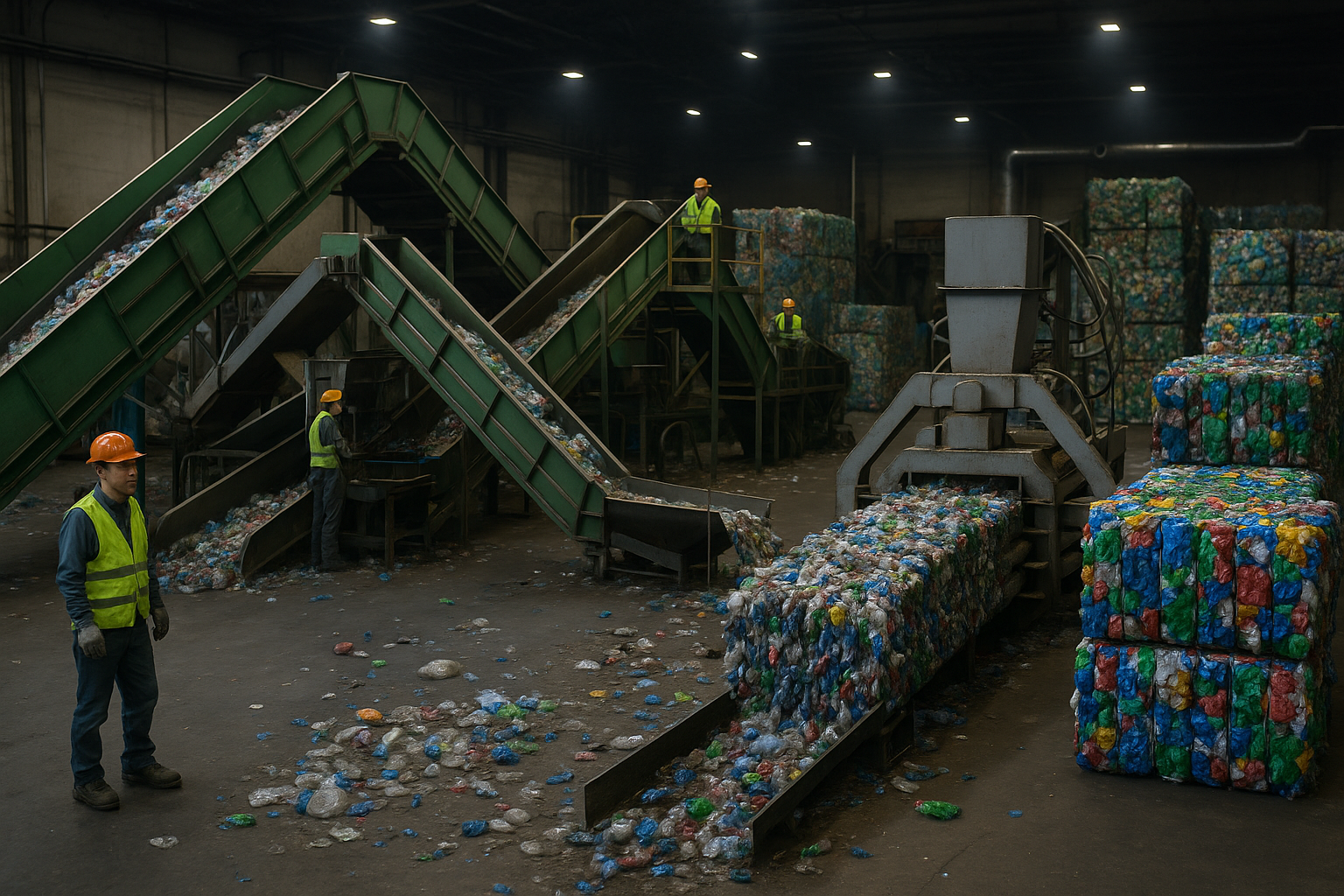Transform Plastic Waste Into Wealth Revolutionizing Recycled Markets
Transforming plastic waste into wealth isn't just an environmental imperative—it's a lucrative opportunity you can explore today by browsing options that revolutionize recycled markets.

The Growing Challenge of Plastic Waste
Plastic waste has become one of the most pressing environmental issues, with millions of tons ending up in landfills and oceans every year. This growing challenge not only threatens marine life and ecosystems but also poses significant health risks to humans. However, in every challenge lies an opportunity, and the transformation of plastic waste into wealth is a perfect example of how innovation can turn problems into profits.
Understanding the Potential of Recycled Markets
The recycled markets have evolved significantly, driven by increased awareness and technological advancements. The global recycled plastic market size was valued at USD 45.1 billion in 2020 and is expected to grow at a compound annual growth rate (CAGR) of 4.8% from 2021 to 20281. This growth is fueled by stringent regulations on plastic waste management and rising demand for sustainable materials in various industries.
Innovative Technologies Transforming Plastic Waste
Several innovative technologies are at the forefront of transforming plastic waste into valuable resources:
1. **Chemical Recycling**: Unlike traditional mechanical recycling, chemical recycling breaks down plastics into their basic monomers, which can be reused to create new plastics of virgin quality. Companies like Eastman and Loop Industries are pioneering in this field, offering scalable solutions2.
2. **Pyrolysis**: This process involves heating plastic waste in the absence of oxygen, converting it into synthetic crude oil that can be refined into fuels and other products. It's a promising technology that several startups are exploring to create sustainable energy solutions3.
3. **Biodegradable Plastics**: Although not a recycling technology per se, the development of biodegradable plastics can significantly reduce the accumulation of plastic waste. Companies are investing in bioplastics made from renewable resources like corn starch, which decompose more easily than traditional plastics4.
Economic and Environmental Benefits
Transforming plastic waste into wealth offers numerous economic and environmental benefits:
- **Job Creation**: The recycling industry is labor-intensive, providing jobs in collection, sorting, and processing of materials. As the industry grows, so does its potential to create employment opportunities worldwide.
- **Cost Savings**: By using recycled materials, companies can reduce their production costs. Recycled plastics are often cheaper than virgin materials, offering significant savings, especially for large-scale manufacturers.
- **Environmental Impact**: Recycling plastic reduces the demand for new plastic production, which in turn decreases carbon emissions and conserves natural resources. It also reduces the volume of waste sent to landfills, mitigating pollution and its harmful effects on the environment.
Exploring Opportunities in Recycled Markets
For those looking to dive into the recycled markets, there are numerous avenues to explore. Businesses can invest in recycling technologies, partner with companies that specialize in waste management, or even start their own recycling ventures. By visiting websites dedicated to sustainable business practices, you can discover a wealth of information and resources to help guide your journey.
Transforming plastic waste into wealth is not just an environmental necessity but a promising business opportunity. By leveraging innovative technologies, understanding market dynamics, and exploring available options, you can contribute to a sustainable future while tapping into a growing market.